This article has been published in partnership with NASSCOM Foundation.
Working in the social sector may sometimes seem like a drop in the ocean.
But a positive impact is not a numbers game alone. It is the quantitative and qualitative analysis of positive change brought about by the cumulative efforts of individuals and organisations. Every effort—big or small, policy-level or grassroots—counts in the larger scheme of things.
Technology has been a proven catalyst to increase scale for NGOs and the NASSCOM Foundation understands this reality and endeavours to become the digital transformation partner to all the NGOs across India.
In partnership with Techsoup and through its BigTech program, it strives to help changemakers, NGOs and public trusts to scale their capacities by providing high-end technology products at super low costs. The Foundation is arguably one of the largest software donors in India with a vision to use Information and Communication Technologies (ICT) to empower social sector stakeholders and transform the lives of the underprivileged.
Here are a few NGOs that have amplified their impact thanks to NASSCOM Foundation:
1. The Bombay Mothers and Children Welfare Society (BMCWS)
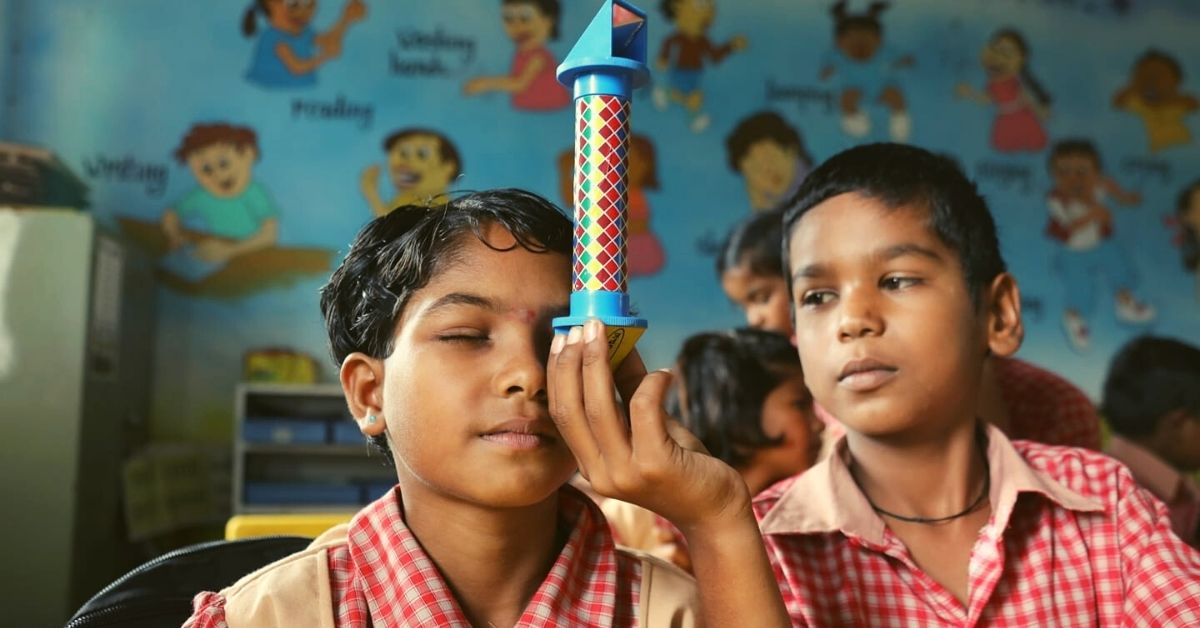
A Public Charitable Trust started in 1919, The Bombay Mothers and Children Welfare Society (BMCWS) has been working towards the social development of several marginalised communities in urban and rural parts of Maharashtra. From healthcare, hygiene, education to vocational training, the organisation has helped transform the lives of over 3 lakhs people across the state.
However, part of the credit for this scale of impact also goes to the technological aid they received from Microsoft through NASSCOM Foundation culminating in a digital transformation of the organisation. With the foundation’s help, the charitable trust was able to achieve automation in the workplace through access to computers, high-end operational and medical equipment like pathology software in their hospitals, e-learning software to enhance rural education and telecommuting which was highly useful during the lockdown period. Some of the prominent impact points driven by the BigTech program was the establishment of artificial intelligence through Alexa in 15 rural schools and computer training for more than 8,000 youngsters.
2. My Choices Foundation
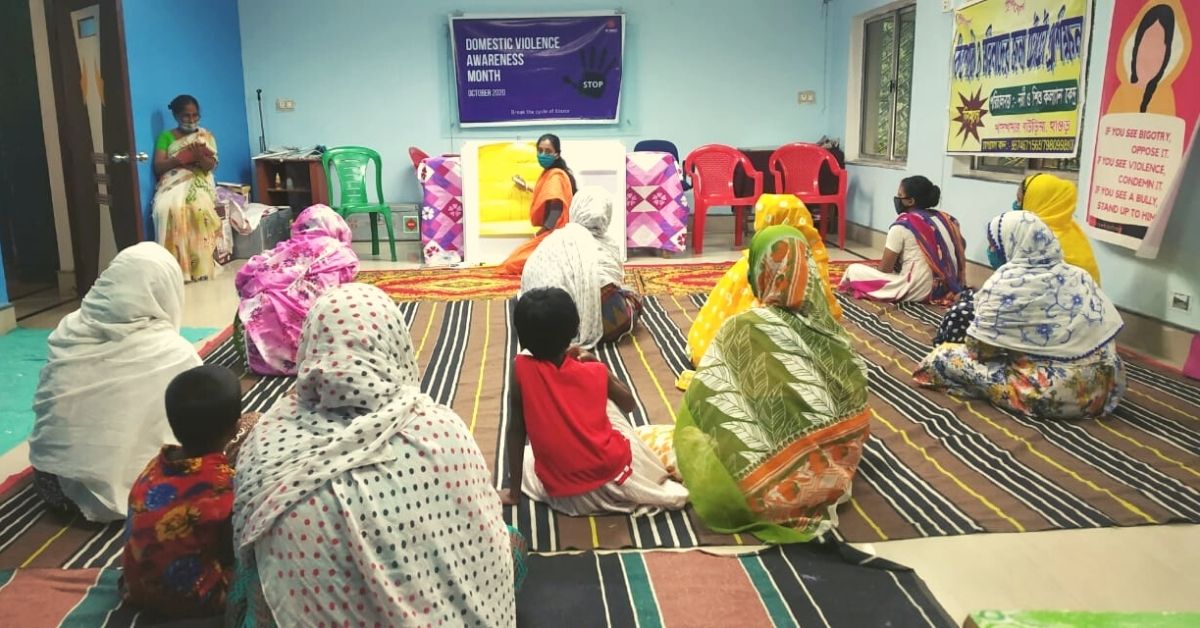
Since 2012, My Choices Foundation has been helping break the cycle of violence, abuse and exploitation suffered by women, children and families across various marginalised communities. Active in eight states of India, the organisation drives impact in these vulnerable populations through two prevention and intervention programmes — Operation PeaceMaker focused on eliminating domestic violence, and Operation Red Alert to stop trafficking.
Their mission to disrupt structures of violence and sex trafficking in the country is largely driven by the optimum use of technology. With the help of the technology provided by NASSCOM’s BigTech program, they are making the world safer through their Vulnerability Mapping tool and NexGen Red Alert application, both hosted by Microsoft Azure.
The NexGen Red Alert is a mobile application that gathers valuable data from their implementing partner-NGOs and volunteers and enables real-time reporting of any suspicious activity. On receiving the data, My Choices quickly analyses it to alert the authorities for swift action.
The Vulnerability Mapping tool uses big data and artificial intelligence to accurately identify hotspots of human trafficking across rural India that enables the organisation to extend timely help when needed.
3. Dakshas Foundation
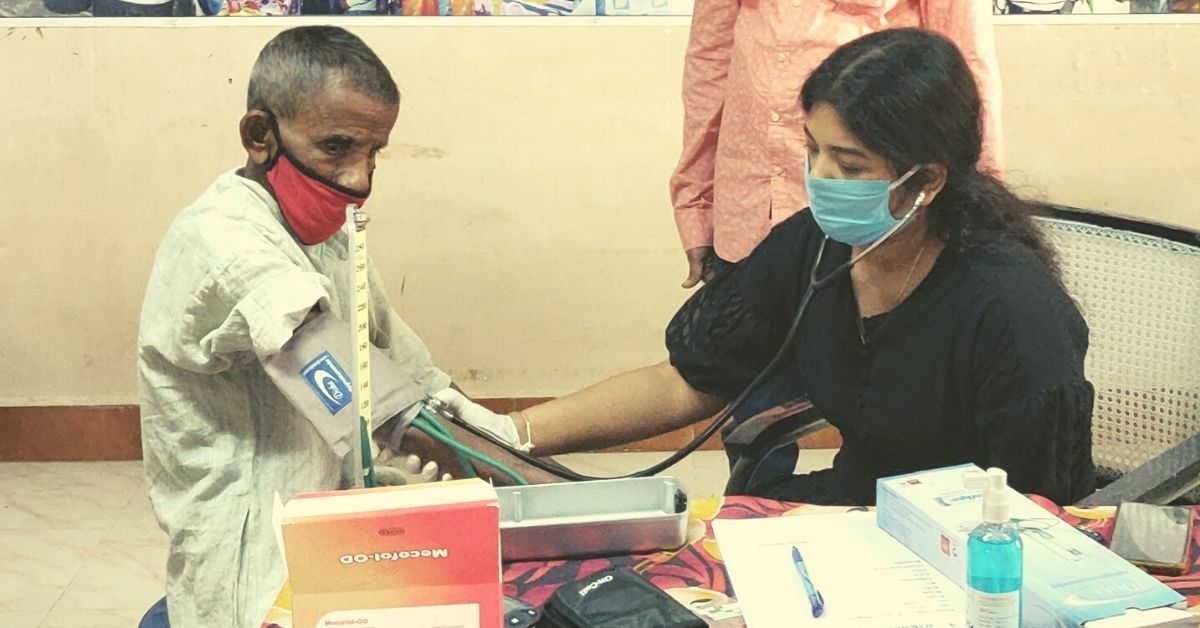
Focused on providing solutions for sustainable and universal healthcare, Dakshas Foundation, a non-profit organisation has dedicated the last seven years of their existence to creating a robust healthcare delivery fractal. It ensures hyper-efficient healthcare delivery through the supply of missing equipment and health practitioners in rural clinics and hospitals, while also enabling other stakeholders to deliver preventive, primary and peri-surgical healthcare in remote areas. At every level, the foundation strikes to ensure that quality healthcare is delivered, not denied.
And access to technology is crucial to scale up such potential impact, which is why Dakshas decided to embed its service design onto a technology platform to be replicated efficiently. In 2020, they created a virtual e-clinic to extend telemedicine facilities in remote areas with the help of 28 on-ground health centres. It was just in time before the COVID-19 lockdown and proved to be extremely helpful in prevention.
With the help of this technology, Dakshas was able to gather multiple groups of data scientists to facilitate the development and deployment of a COVID-19 predictive model on Microsoft Azure. They then went on to suggest an expected number of cases a week in advance, providing authorities enough time to prepare for any surge. Owing to the efficient use of technology, the foundation also expanded infection control practices from 28 to 330 institutions impacting over 7,000 vulnerable individuals across Hyderabad and Bangalore.
4. Sisters Living Works
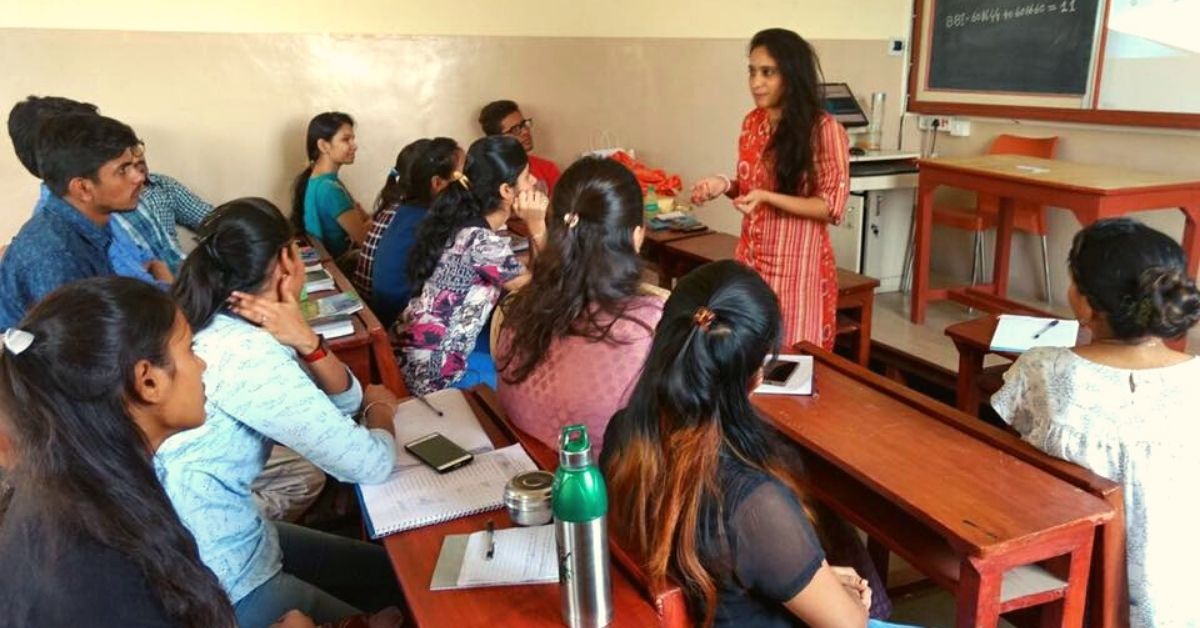
Dedicated to suicide prevention, Sisters Living Works since 2015 is working towards raising awareness about the suicide epidemic in India and providing resources and education for its prevention.
They have been leveraging technology efficiently since their inception. A remote working facility, they use online tools like Microsoft Office Suite for efficient operational activities and video conferencing software like Skype, Teams and Zoom for internal communication as well as conducting workshops and support group meetings. Some of their prominent events, like the Annual Conference for Suicide Prevention 2020, Into the Light Virtual Run 2020 and the Annual Survivors Day was conducted online using these technologies.
5. VIDYA
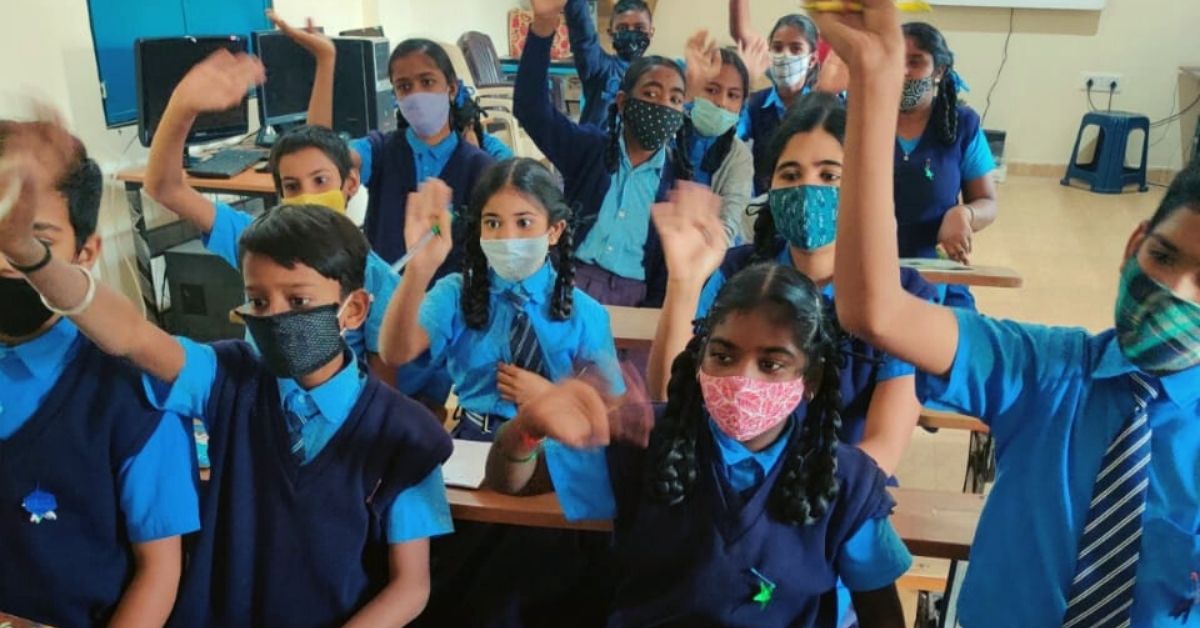
Started in 1985, VIDYA focuses on driving sustainable change in the education sector. In the last 36 years, the NGO has impacted 4 lakh lives– educated and empowered 12000 children, 5000 youth and 2500 women—through 78 projects across India.
However, their initiatives in underserved communities and low-income schools came to an abrupt halt during the COVID-19 lockdown. At that juncture, their efforts to initiate digital literacy through the Digital Empowerment Program (DEP) came to the rescue. The organisation spent 2400 hours training 120 teachers on tools like Microsoft Teams, Zoom, Adobe Spark, MS Excel, MS Powerpoint etc. to equip them to conduct virtual classes efficiently. With their relentless efforts, VIDYA was able to help almost 5,000 individuals including students, teachers and parents through digital literacy.
“NASSCOM Foundation firmly believes in the power of using tech for social good. It is for the same reason, through its program BigTech it has donated software worth USD 150,000,000 to 10,000+ NGOs across India. The Foundation also has been working with major companies like Microsoft and Adobe to provide training on their various software to build capacities of NGO employees.” Ashok Pamidi, CEO, NASSCOM Foundation.
These are just a few examples of the kind of impact NASSCOM’s BigTech program has driven in association with several donor companies such as Microsoft, Adobe, Quickheal Antivirus, Zoom, Zoho, Google, BUSY Accounting and many others. If you are a changemaker with the potential to scale up with the help of technology, register here: bigtech.nasscomfoundation.org.
No comments:
Post a Comment